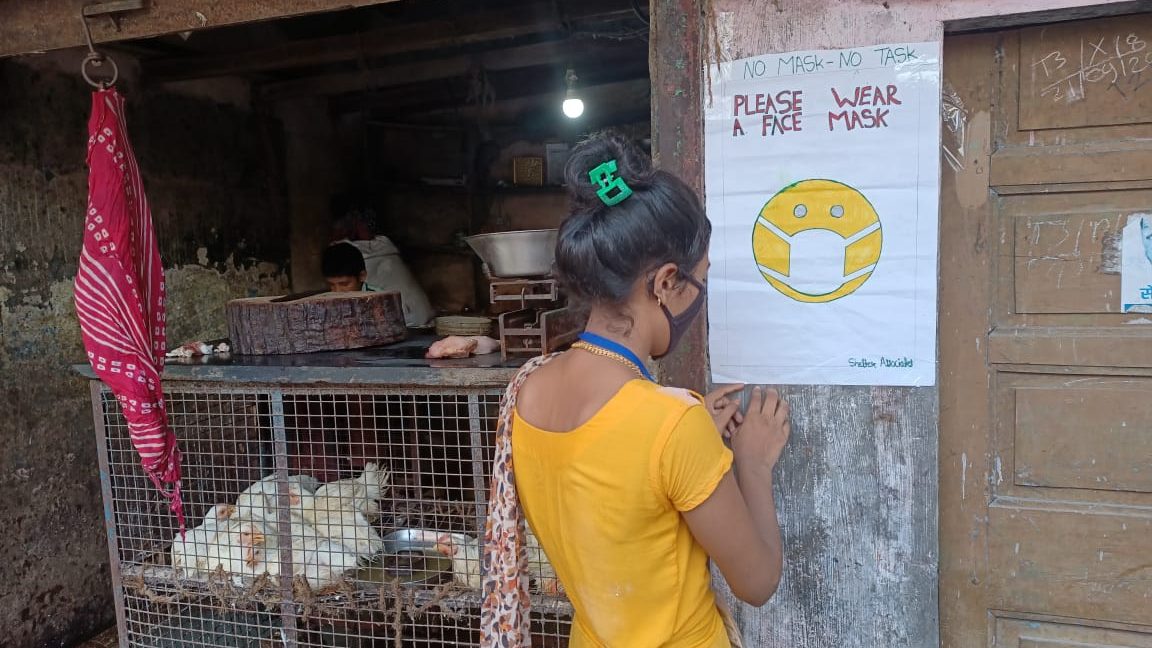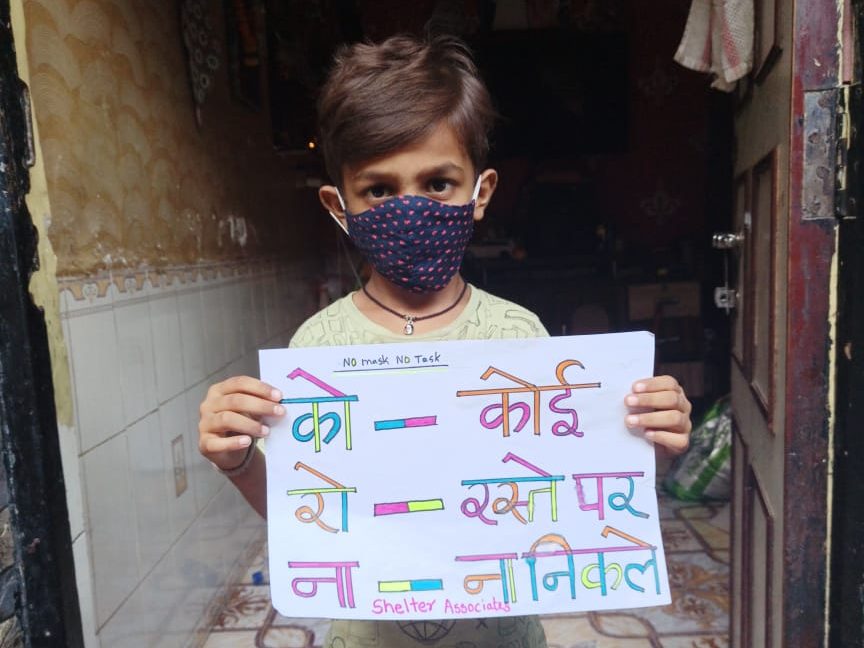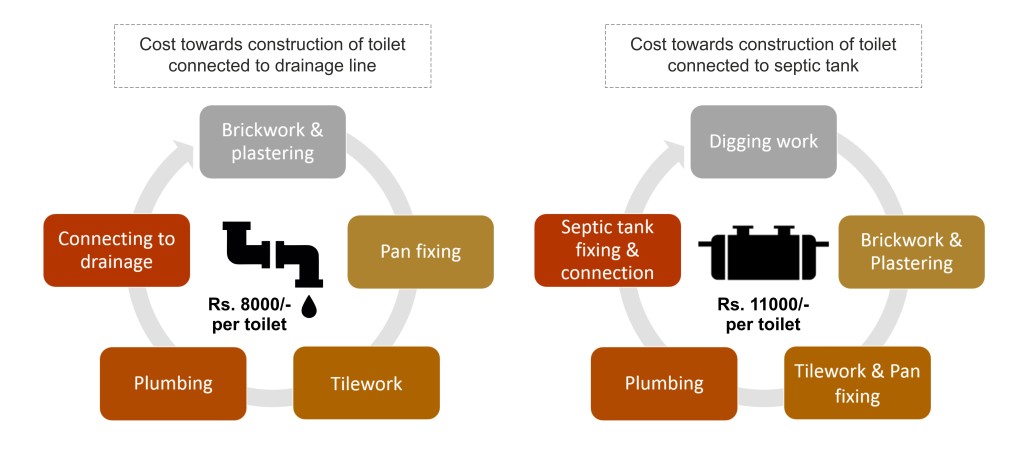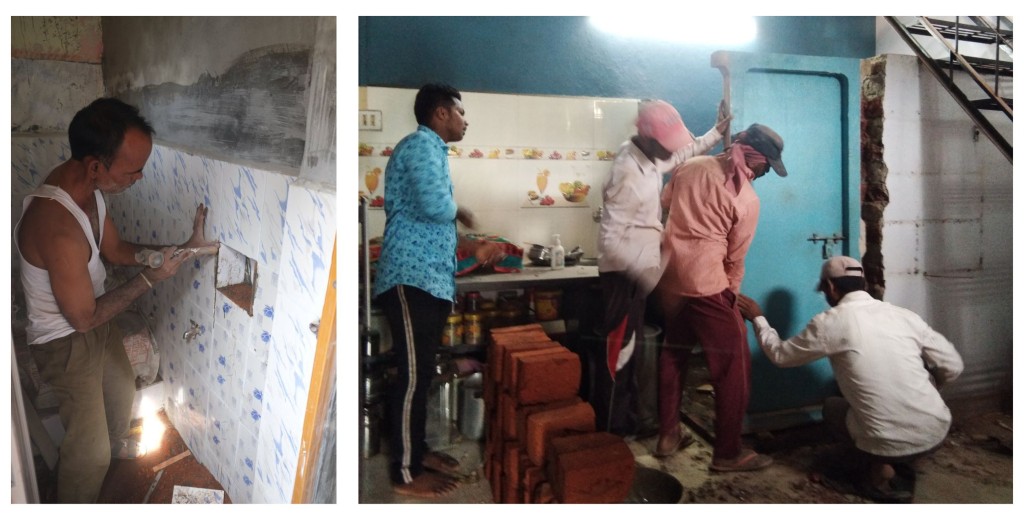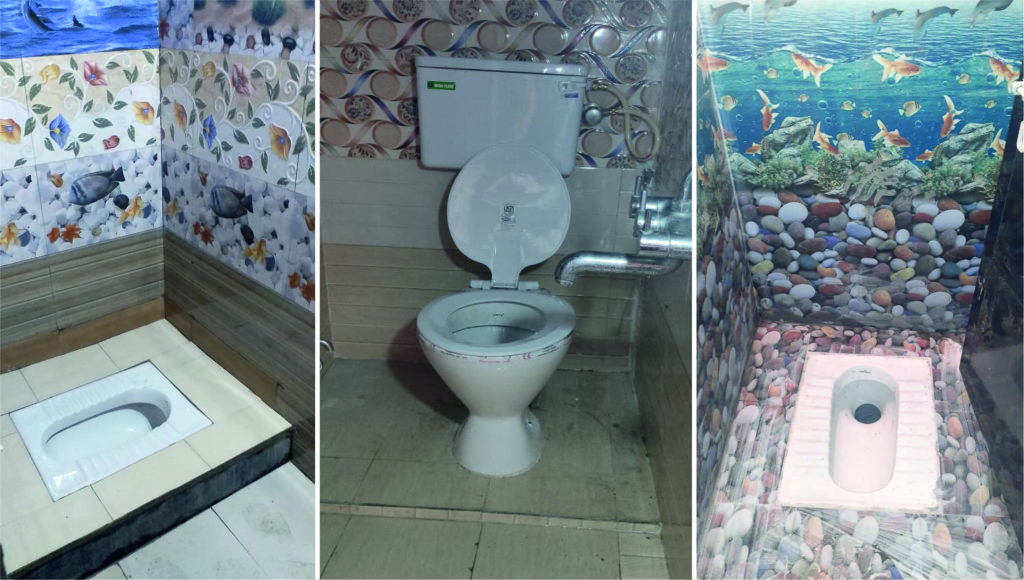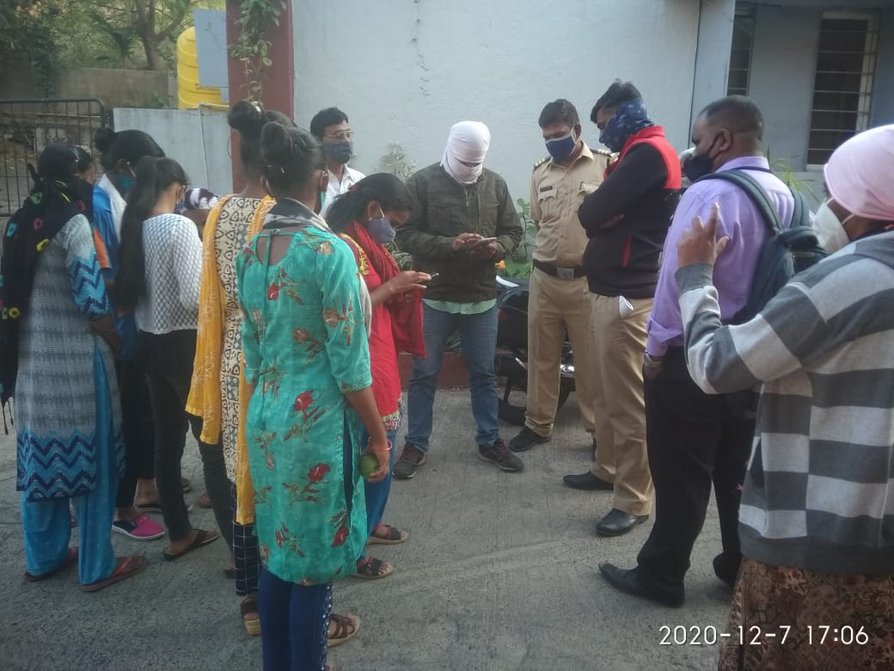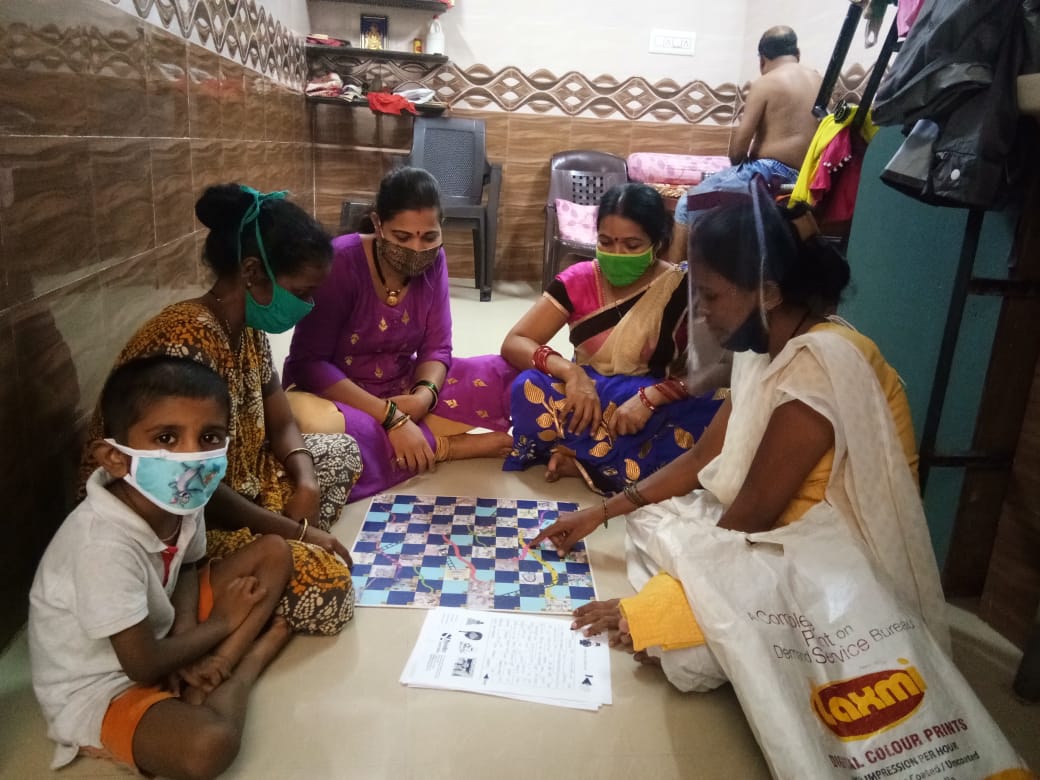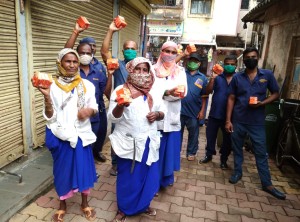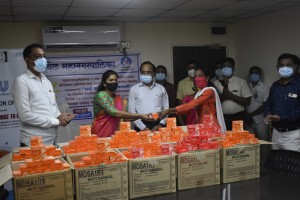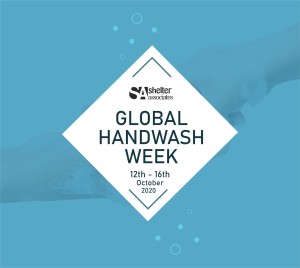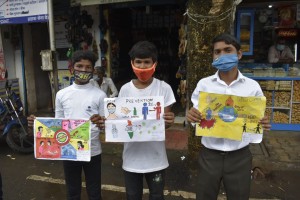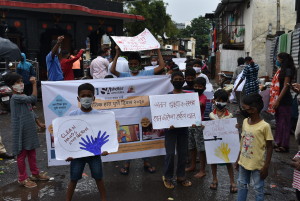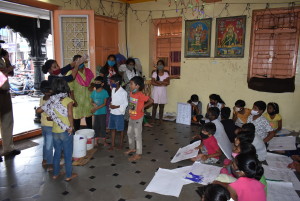COVID-19 VACCINATION DRIVE BY SHELTER ASSOCIATES
While the world is looking forward to the best possible remedy to COVID19 through vaccinations, the fact remains that this vaccine comes with its own set of myths and misinformation. Medical experts worldwide believe that vaccines are as important to your overall health as diet and exercise, but the question still prevails: Should you get yourself vaccinated with the newly developed COVID19 vaccine?
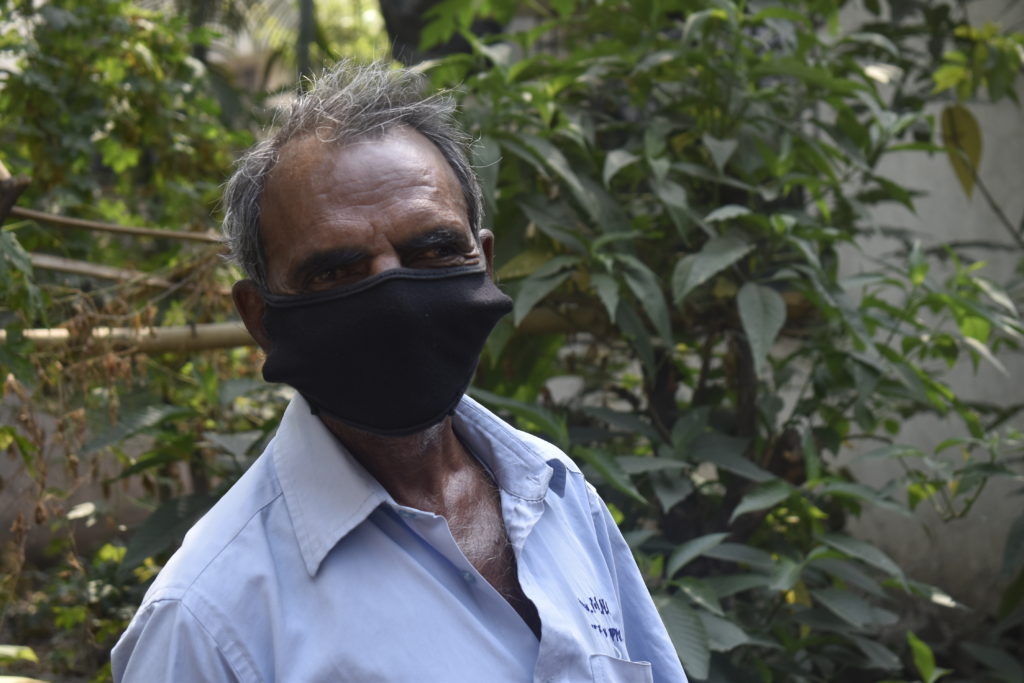
Before we come to a conclusion, a small study is necessary to separate myths from facts.
Myth no.1: We get adversely affected by COVID19 if we get vaccinated.
Learning from the experts, COVID-19 vaccines are developed using science that has been around for decades. The vaccine has gone through all the required stages of clinical trials followed by extensive testing and trails. The end result shows it as safe and efficient with minor side effects which validate the effectiveness of the vaccine. In short, the COVID19 vaccine creates antibodies and none of the vaccines contain live virus that causes COVID19.
Myth no. 2: The COVID-19 vaccine causes infertility in men and women.
There is no such evidence that proves this point. The vaccine does not interact with a woman’s reproductive organs nor with men’s sperm production or fertility. Pregnant women are at a greater risk if infected with COVID, which is why it is essential to get vaccinated to prevent any pregnancy related issues.
Myth no. 3: I’ve already been diagnosed with COVID-19, so I don’t need to get vaccinated.
Once a person recovers from COVID19, the body generates natural immunity and antibodies but that does not last for long. The person may get re-infected after a few months. That is the reason medical experts suggest COVID vaccine after 3 months of recovery. Studies have proved that vaccination provides a strong boost in protecting people who have recovered from COVID-19.
Myth no. 4: Once I receive the COVID-19 vaccine, I no longer need to wear a mask.
While we understand the importance of getting vaccinated, it is equally true that no vaccine is 100% effective. Getting vaccinated does not mean we can go back to how life was earlier and move freely without masks. A vaccinated person might still be a carrier of the virus, even if they don’t feel sick. Thus, as per Government protocol, physical distancing, face masks and handwashing is essential even after a person is vaccinated with both the doses of COVID19 Vaccine.
While there are a lot of speculations and theories regarding the deadly COVID-19 virus, there is an imminent danger that if you test positive, your entire family and those in contact with you are at high risk. The COVID-19 vaccine does not guarantee 100% protection from COVID-19 but it definitely helps in keeping oneself from getting seriously ill after testing positive. While the above explanations clear out most of the prevailing myths and strongly recommend vaccinations, individuals residing in the informal settlements may think differently. They live in dense settlements and are more vulnerable to the COVID-19 virus than the general public, but aren’t still fully convinced about the benefits of vaccination.
Shelter Associates, an NGO working for the betterment of the urban poor in Maharashtra through sanitation and housing for the last 28 years, has done extensive research on understanding communities and their preferences with respect to the prevailing COVID-19 scenario. Data collated from every house reveals that communities are apprehensive about getting vaccinated since there are several rumors and misinformation doing the rounds about the vaccine.

Recognizing the need to educate communities and bust the vaccination myths, Shelter Associates has been conducting COVID-19 vaccination drives in the informal settlements in the cities of Pune, Kolhapur, Navi Mumbai and Thane to support the City Municipal Corporations and partner organisations. The broad objectives of the campaign are:
- To mobilize communities to follow COVID Appropriate Behaviour and spread awareness through formal and informal activities as part of risk communication and community engagement strategy.
- To reduce vaccine hesitancy and increase vaccine willingness and registration in the informal settlements
- To distribute WASH supplies such as masks, sanitizers, wash basins at Community toilets, etc. which would ultimately contribute towards Infection prevention and control.
- Capacity building of community workers, self-help groups, community health workers, etc. who are equal contributors to the vaccination drive.
- To monitor and evaluate a system of evidence-based planning based on assessments for Covid response and preparedness.
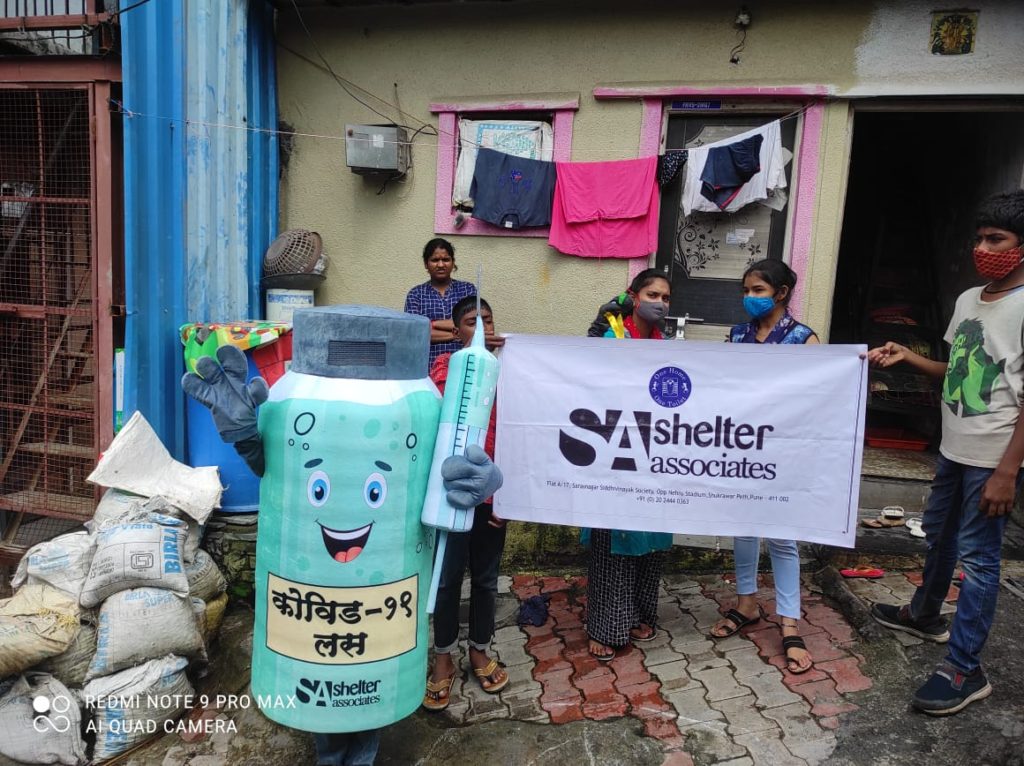
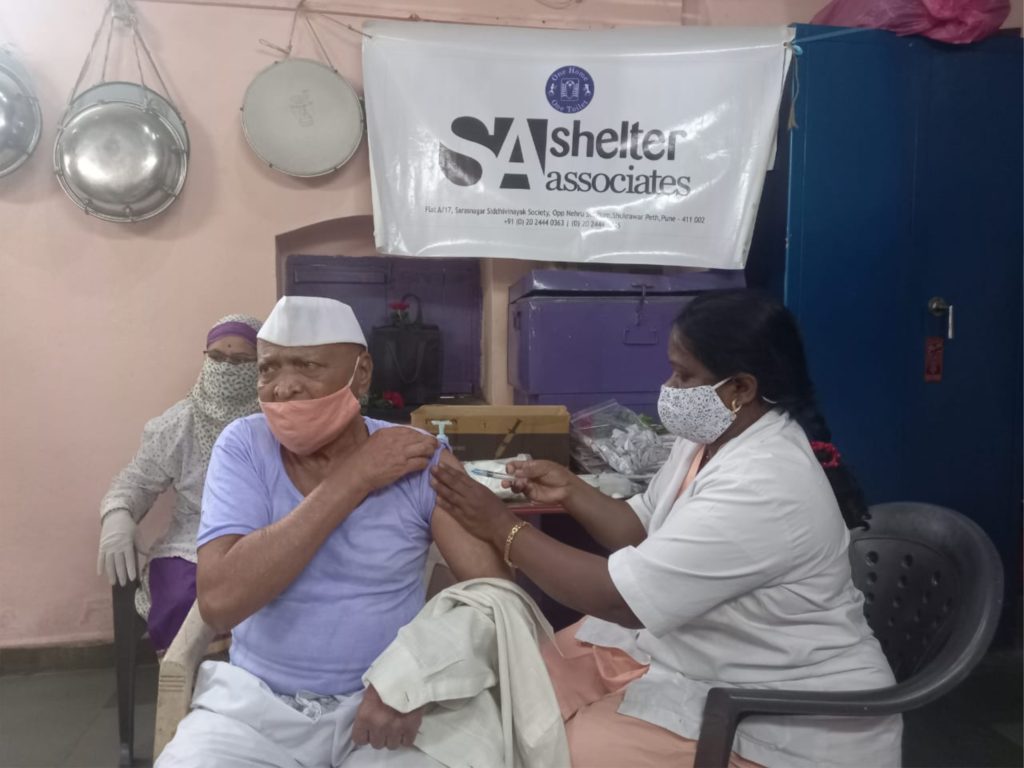
The expertise and experience of Shelter Associates in bringing about a behavioural change among communities will go a long way in busting the myths and spreading positive information. Such vaccination drives are vital in ensuring that maximum people residing in informal settlements get vaccinated and lead a healthy and virus-free life.
Reference: Shelter Associates, https://www.cdc.gov/

